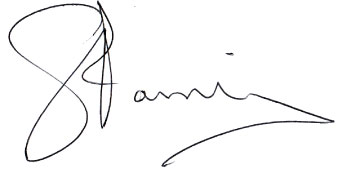SHAPING YOUR MENOPAUSE AROUND THE WOMAN YOU ARE
Menopause happens to all women, and only in recent years has discussion about it happened much in the public eye. Women themselves have passed on tips for handing their experiences for generations, so it’s no surprise that Ayurveda – a system that goes back millennia – has a treasure trove of information around menopause.
Every woman has their own version and looked at through the Ayurvedic lens it’s clear that all three doshas describe common characteristics. Weight gain and the sense thoughts and body are heavy are very much kapha. Menses are pitta, which also describes anger and hot flushes well. And sleeplessness, anxiety, and depression all come under the heading of vata.
Looking across a whole life-cycle, early years are very much those of kapha, and pitta describes young adulthood. Vata is the dosha of maturity. Viewed in that light, a transition which includes conscious or unconscious reflection on life as it has been, in a society which still typically treats women as second class citizens, and it’s no wonder that menopause is spoken of in the same breath as mental health and spirituality.
Finding your own way through is important. And the wisdom of women over centuries suggests the value of shatavari (asparagus racemosos) for its capacity to balance hormonal, nervous, and metabolic systems. It’s certainly worth considering given the mixed accounts of conventional hormone therapies.
Given the wide range of symptoms, and how they can negatively impact different aspects of thought, mood, and responsiveness, a breathwork practice can be of real value. That ability to find some degree of peace and distance through pranayama can make a big difference in how a day goes. And when one day goes better, the likelihood of having a similar impact with continued practice increases. Plus, it’s a valuable tool to be able to use when you’ve got a few minutes before something that you know might go in a way you don’t want.
There are so many variables in the experience of menopause that the idea of a generic approach is of limited value. Take what works from what you come across, and if you want more tailored guidance relevant to your own situation, I or one of my colleagues and contacts will be happy to listen and offer support.
If you prefer a reading experience I highly recommend Your Middle Years by dear friend and author Kate O’Brien and Paula Mee, of which – incidentally – I wrote the chapter on menopause from the Ayurveda perspective!
Until next time

Sunita Passi
Founder Tri-Dosha







